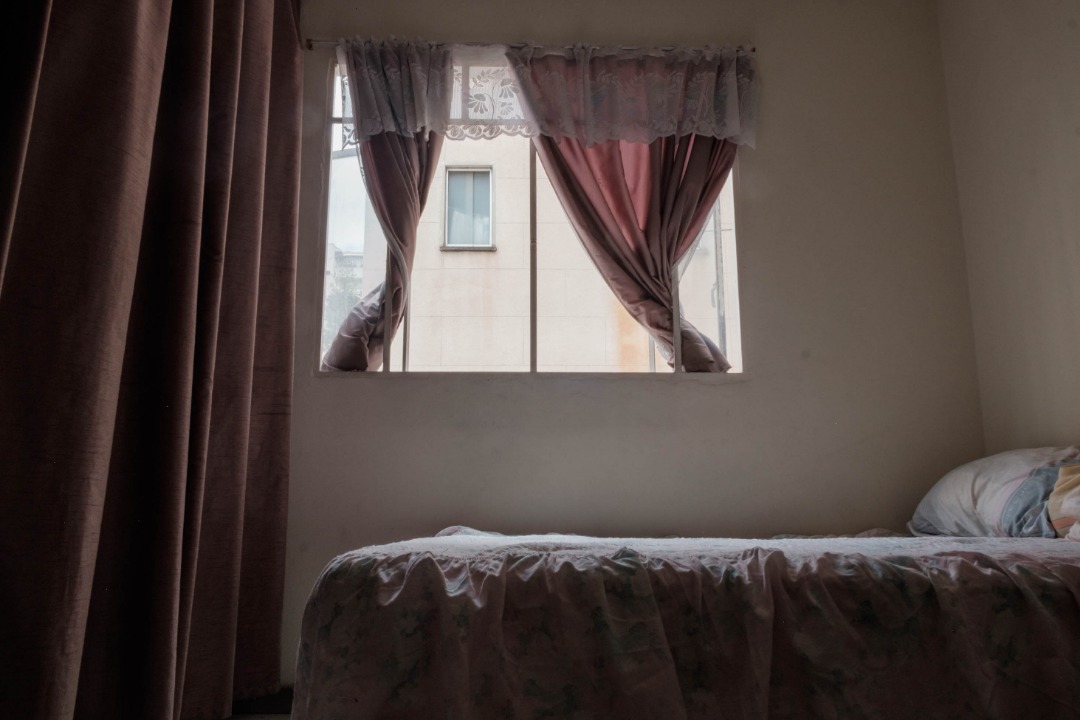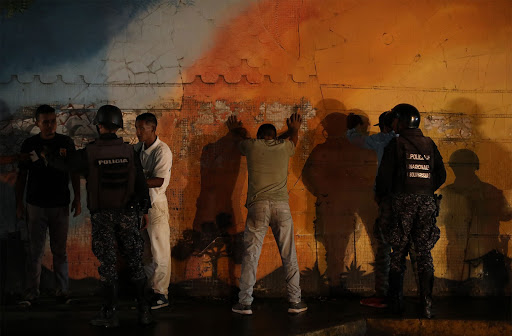It is not out of a whim, or a small matter, it is a harsh reality: Venezuelan women are being excluded from all important spheres of the country, despite accounting for half of the population. This insistence in erasing women, as leaders, speakers, activists, academics, migrants, among other roles, is extremely destructive and a terrible sign for the future and the democracy we wish to build.
In the last few decades, academicians, as well as international organizations such as the UN, have dedicated themselves to study the development and quality of the new democracies that originated after the third democratization wave. An essential topic has been the analysis and debate on how to improve the political participation of traditionally excluded populations such as women, indigenous people or people of African descent. A democracy is not such if it does not work for all sectors of the population. And it is for this reason that, in multiple national and international forums for many years now, it has been remarked the importance of expanding the rights and participation of women across all facets of society. It is worth mentioning that gender equality is not a whim; beyond a fundamental human right, it is also the necessary foundation for a peaceful, prosperous and sustainable world. Precisely because there is certainty beyond doubt of the necessity to achieve gender equality worldwide, this subject has been Incorporated as an essential objective in the development strategies of the UN.
Sadly, in Venezuela, we’re very far from reaching gender equality. Even with vibrant and brave activism that demands full participation of all people, the democratic leadership has done little to promote a plural and diverse vision of politics. For the longest, we’ve seen how those who make decisions, elaborate and express their strategies both inside and outside the country are by and large, men. And in the last few days we’ve witnessed that women’s exclusion from all sectors continues to exacerbate. It is not justifiable that, in this century, in Venezuela, we still see teams, groups, commissions, panels and conferences where only men present or discuss about topics that affect the entire society, and in particular, women and girls. This is unacceptable.
Precisely because we’re looking to replace an authoritarian regime for a democratic political system, we must insist on the essential role that women play in political transitions. In an article with Julia Zulver, we had previously remarked that the literature on democratization processes and peace negotiations have demonstrated that women develop a crucial role in these political processes. In fact, an investigation developed by UNWomen highlights that the participation of women in peace negotiations increases the probability of a sustainable peace.
The reality of the venezuelan woman today requires not only of adequate political representation that can highlight and channel their needs, but also forces politicians and venezuelan men to understand that gender equality has to be promoted by all of society. Equality is not a benefit for women, it is an essential prerequisite for democracy.
If we want democracy, we need gender equality, not tomorrow or whenever we achieve change, we need it now. Even though venezuelan legislation protects and promotes the rights of women, in practice, it is not working. The authoritarian coalition has systematically denied all these obligations of the state in matters of their international commitments to prevent and erradicate violence against women. That said, since we cannot expect that there’s a change from the executive to work towards gender equality, we need a special mechanism that dedicates itself exclusively to work for and promote such an essential matter to our country.
One way to promote a more just society right now would be to create the office of a commissioner for gender equality matters, that could support itself, for instance, with the aid delivered by USAID to Venezuela, to increase prosperity in the country. In fact, such an office would be in line with the requirements of international development agencies such as USAID, CAF, BID or the UN, in terms of promoting gender equality. A technician office for gender equality would have ample understanding of the feminist movement in Venezuela, that has been working to expose the grave situation of women and girls in this country. The commissioner would institute the collection of data, proposals and differentiated public policies. It would also design strategies to combat impunity in cases related to gender violence and would make official policy the focus on gender in all aspects related to a transition and the post-conflict in Venezuela. This would be a very different labor from that performed by the office of the first lady.
This is incredibly important because the hardships faced by venezuelan women and girls in times of dictatorship and forced migration require a differentiated focus. For instance, migration affects men and boys and women and girls differently. Women and girls are disproportionately more likely to be victims of sexual exploitation, sexual violence, gender violence and more when crossing the border. Because of this, we need policies and reparations that contemplate the differentiated effect that the dictatorship, the complex humanitarian crisis and forced migration has had on them. No commissioner or coordinator is working on this topic with the urgency and dedication that’s required.
It is time that the democratic leadership radically distinguishes itself from the authoritarian regime and demonstrates that its commitment to democracy, and thus to gender equality, is real. A large part of the population is already in the fight. What are political actors waiting for to join?




